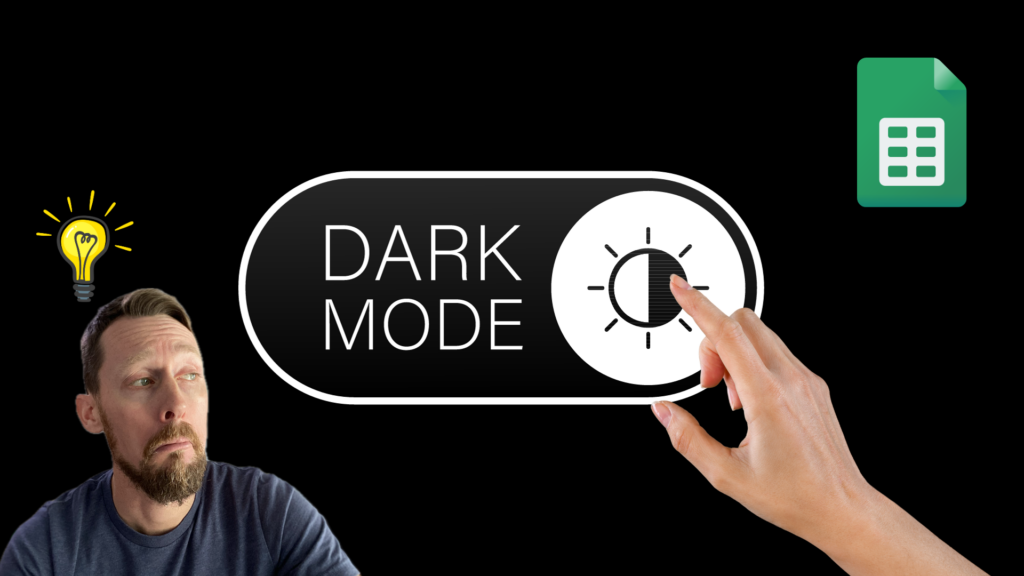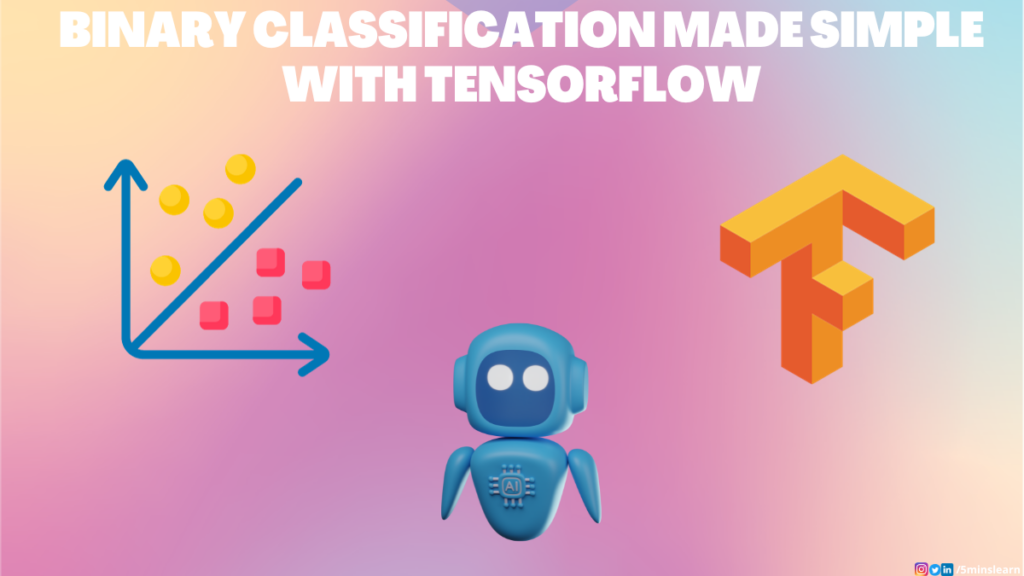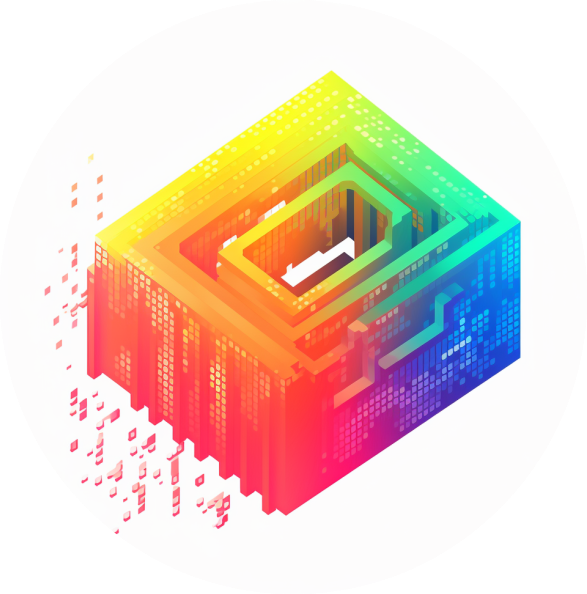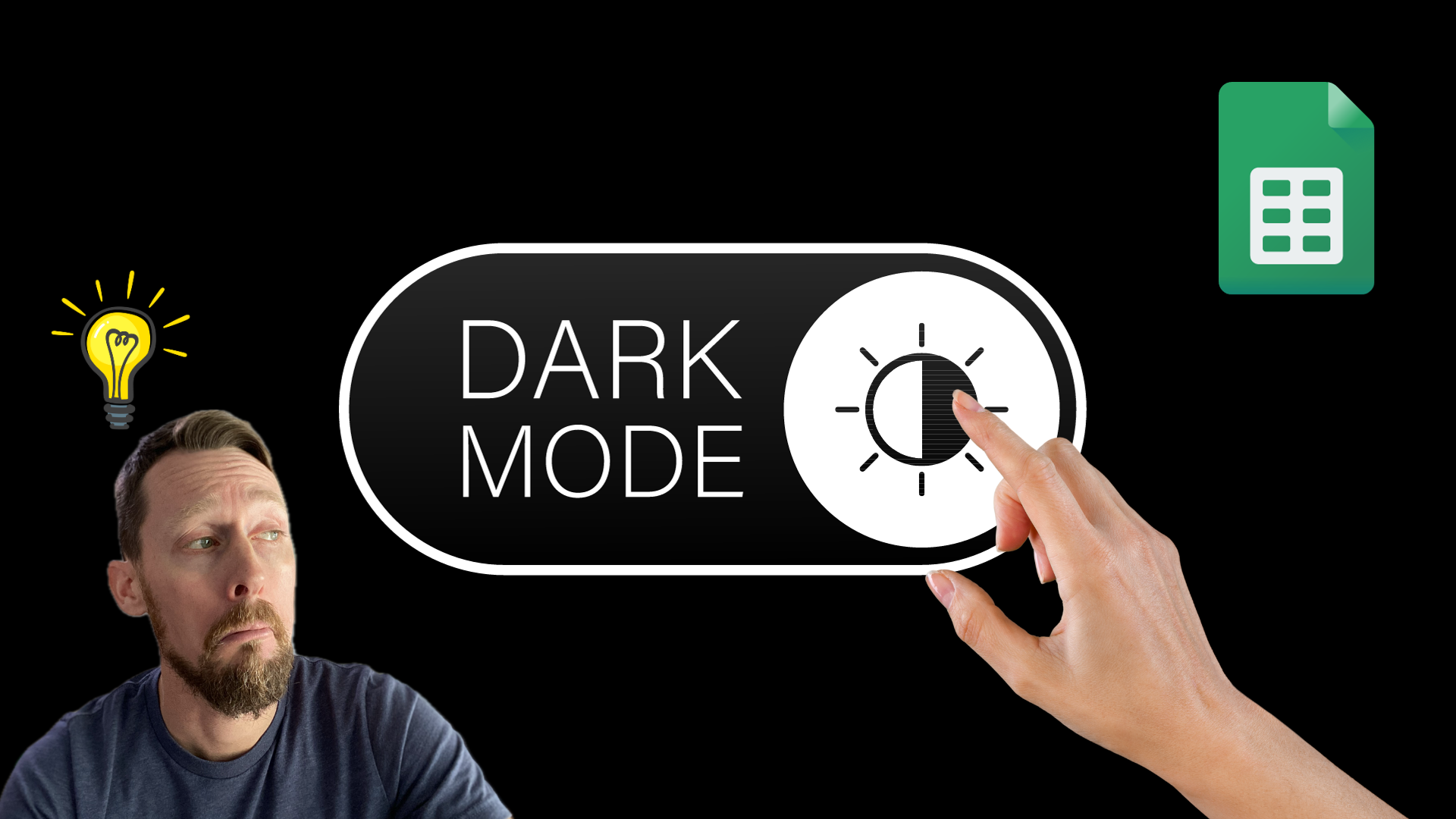This article explores the topic of contributing to open source projects and focuses on the non-technical aspects that individuals should be aware of. It highlights the importance of understanding the git and GitHub workflow for beginners and provides valuable insights into the process. By delving into this subject matter, readers will gain a deeper understanding of how they can actively participate in open source projects, even if they do not possess advanced technical skills. Whether you are a developer, designer, or simply interested in contributing to the open source community, this article serves as a comprehensive guide to help you get started.
How to Contribute to Open Source Projects – Non-Technical Things You Should Know
Open source projects provide an opportunity for developers to collaborate with a global community and contribute their skills to create amazing software. While many developers focus on the technical aspects of contributing to open source projects, there are several non-technical considerations that can greatly enhance the overall experience and impact of your contributions.
Understand the Importance of Open Source
Before diving into contributing to open source projects, it is crucial to understand the importance and impact of the open source movement. Open source software is developed by a community of developers who collaborate and share their work freely. This fosters innovation, promotes transparency, and enables anyone to use, modify, and distribute the software. By contributing to open source projects, you are not only improving your coding skills, but also making a positive impact on the global software community.
Research and Select Project
Finding the right open source project to contribute to can be a daunting task, especially with the plethora of projects available. It is important to do thorough research and select a project that aligns with your interests and skills. Look for projects that have an active and welcoming community, clear documentation, and a well-defined roadmap. Additionally, consider the project’s popularity, maintenance status, and the impact it has on the software ecosystem. By selecting the right project, you can ensure that your contributions will be meaningful and valued by the community.

Familiarize Yourself with the Community
Once you have selected a project, take the time to familiarize yourself with the community. Join their communication channels such as mailing lists, forums, and chat rooms. Observe how the community interacts with one another, ask questions, and learn from their experiences. Understanding the community dynamics, values, and communication norms will help you integrate smoothly and make effective contributions. Remember to always be polite, respectful, and patient in your interactions with community members.
Learn how to Communicate Effectively
Effective communication is essential when contributing to open source projects. This involves not only expressing your ideas and suggestions clearly but also actively listening and providing constructive feedback. Clearly articulate your thoughts in discussions, issue comments, and pull requests, and be open to feedback from others. Maintain a positive and professional tone in all your interactions and avoid personal attacks or offensive language. By communicating effectively, you can foster a collaborative and productive environment within the open source community.

Understand the Project Workflow
Each open source project has its unique workflow and contribution process. It is important to understand and adhere to the project’s workflow to ensure a smooth integration of your contributions. Familiarize yourself with the version control system used by the project, whether it be Git or another system. Learn how to create branches, submit pull requests, and resolve merge conflicts. Additionally, familiarize yourself with the project’s issue tracking system and understand how to create, assign, and resolve issues. By understanding the project workflow, you can contribute in a way that aligns with the project’s standards and practices.
Review and Understand Project Documentation
Thoroughly reviewing and understanding the project documentation is crucial before making any contributions. The documentation provides valuable information about the project’s architecture, coding guidelines, contribution guidelines, and more. Take the time to read and understand the documentation to ensure that your contributions are in line with the project’s expectations. If you come across any gaps or inconsistencies in the documentation, consider contributing by improving the documentation itself. Clear and comprehensive documentation is vital for the sustainability and growth of any open source project.

Start Small and Contribute Incrementally
When starting out as a contributor, it is advisable to start small and contribute incrementally. Look for simple and well-defined issues or feature requests that align with your skills and interests. By starting with smaller contributions, you can familiarize yourself with the project codebase, coding style, and development practices. As you gain more experience and confidence, you can gradually take on more complex tasks and make larger contributions. Remember that consistent and incremental contributions have a greater impact than sporadic large contributions.
Follow Coding Guidelines
Adhering to the project’s coding guidelines is essential to maintain code consistency and readability. Each project may have its specific coding style, conventions, and best practices. Take the time to understand and follow these guidelines to ensure that your code integrates seamlessly with the existing codebase. Use appropriate naming conventions, maintain consistent indentation, and follow the project’s preferred coding patterns. Additionally, make use of linting tools and follow any specific static analysis recommendations provided by the project. By following coding guidelines, your contributions will be easier to review, maintain, and collaborate on.

Test and Review Contributions
Thoroughly testing and reviewing your contributions is important to ensure the quality and reliability of the software. Before submitting your code, make sure to test it thoroughly, covering different scenarios and edge cases. Use automated testing frameworks and tools to validate the functionality and performance of your code. Additionally, review your own code to identify any potential issues, code smells, or areas for improvement. Once you are confident in your contributions, submit them for review by the project maintainers. Incorporate feedback and iterate on your code based on the review comments. By testing and reviewing your contributions, you can ensure that they meet the project’s standards and add value to the software.
Collaborate with Other Contributors
Collaborating with other contributors is a key aspect of open source projects. Actively engage with the community, participate in discussions, and provide support to other contributors. Offer help and guidance to newcomers, share your knowledge and experiences, and contribute to discussions and decision-making processes. By collaborating with other contributors, you can learn from their expertise, gain new perspectives, and build meaningful connections within the community. Remember that open source projects thrive on the collective effort and collaboration of its contributors.
In conclusion, contributing to open source projects goes beyond technical skills and coding abilities. By understanding the importance of open source, selecting the right project, immersing yourself in the community, communicating effectively, adhering to project workflows and guidelines, reviewing and understanding project documentation, starting small, testing and reviewing contributions, and collaborating with other contributors, you can make significant contributions to open source projects and have a positive impact on the global software community. Embrace the non-technical aspects of open source contribution and leverage them to enhance your overall experience and growth as a developer.

